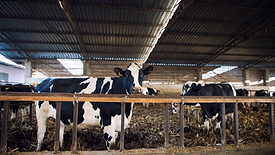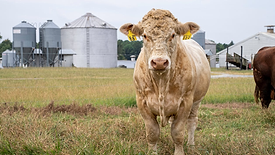Growers/GAPs
A Paradigm Shift in Water Safety: FDA Finalizes Pre-Harvest Agricultural Water Rule
The transition to a systems-based assessment approach represents an evolution of FDA's focus on preventive measures
December 18, 2024
Never miss the latest news and trends driving the food safety industry
eNewsletter | Website | eMagazine
JOIN TODAY!Copyright ©2025. All Rights Reserved BNP Media.
Design, CMS, Hosting & Web Development :: ePublishing











